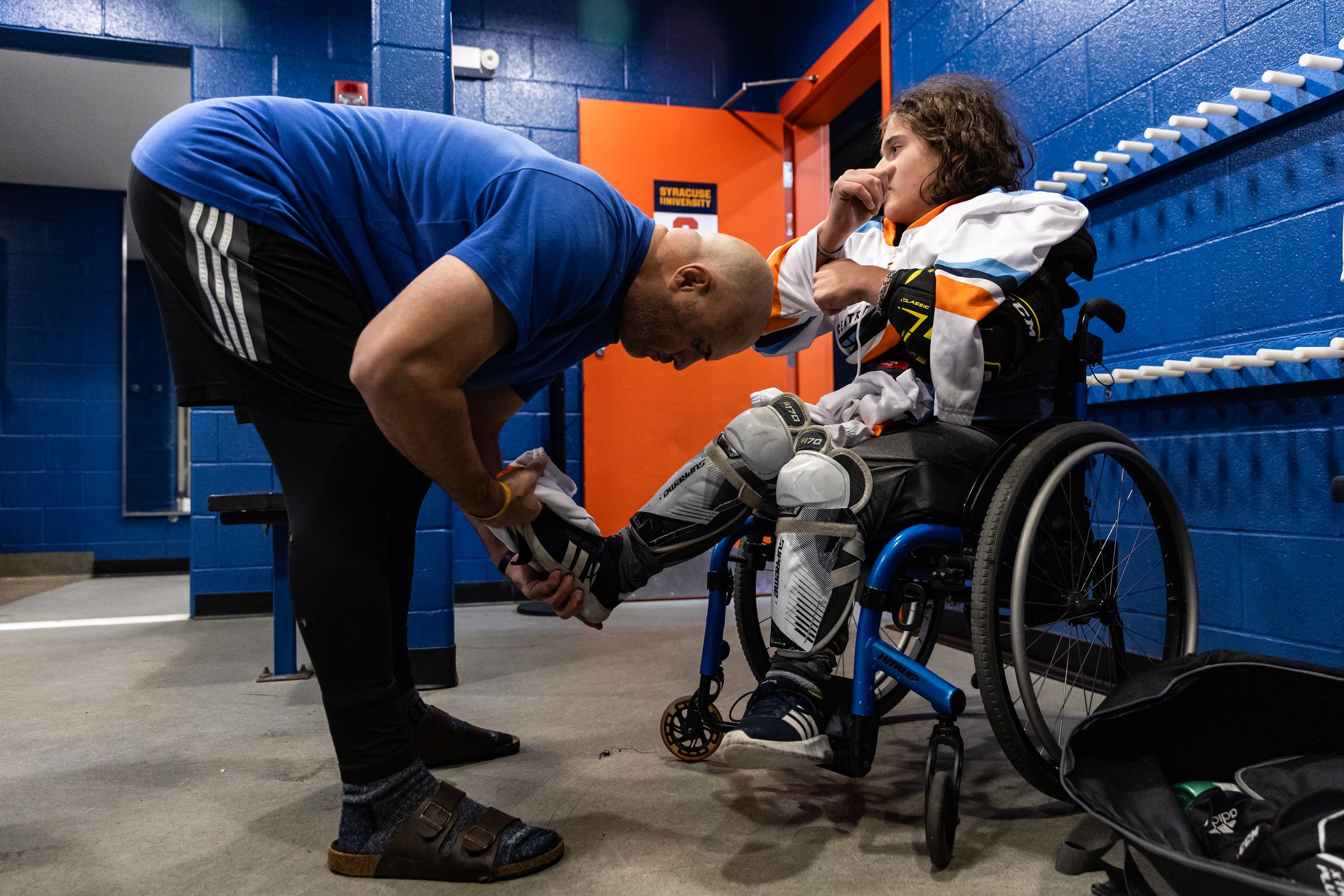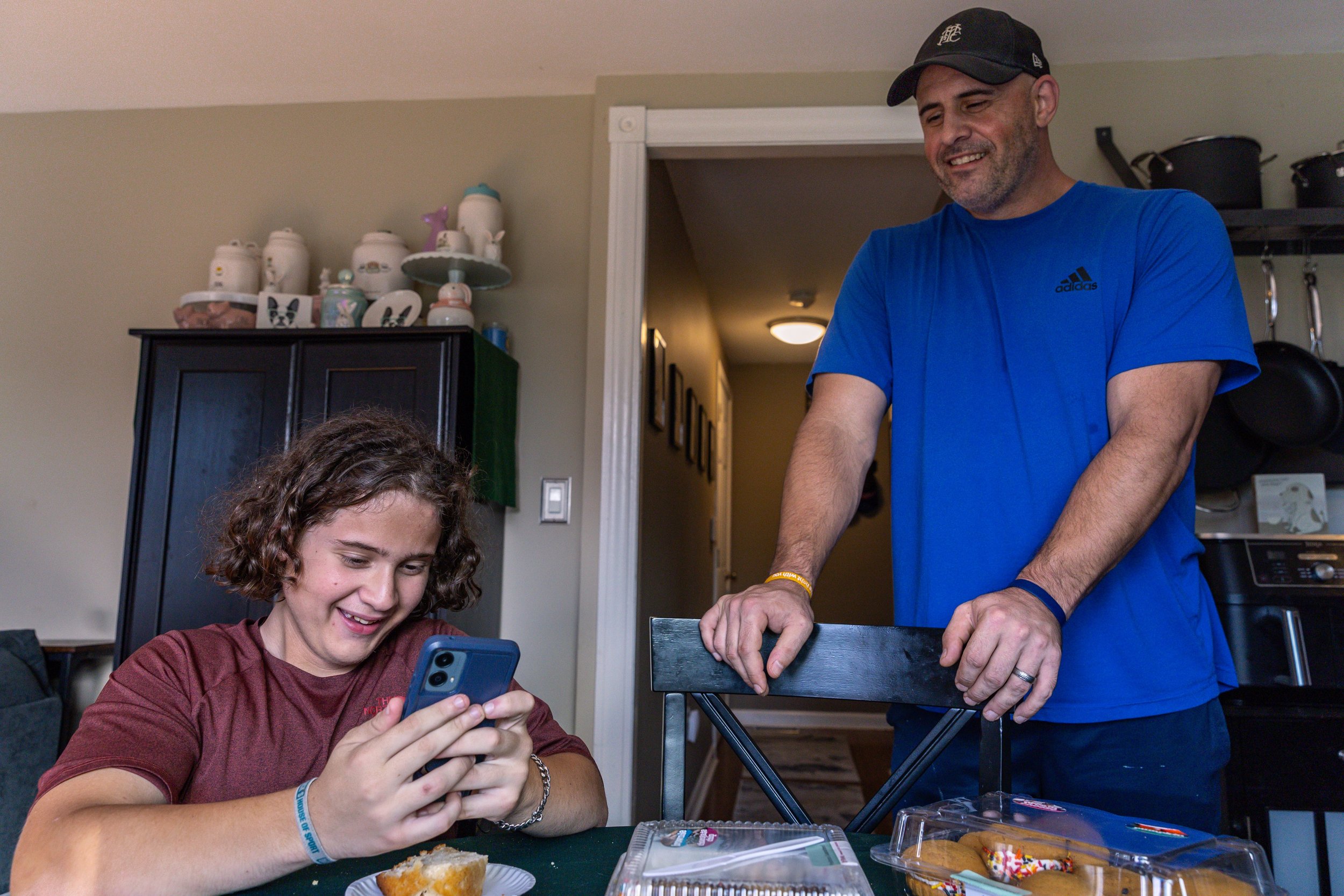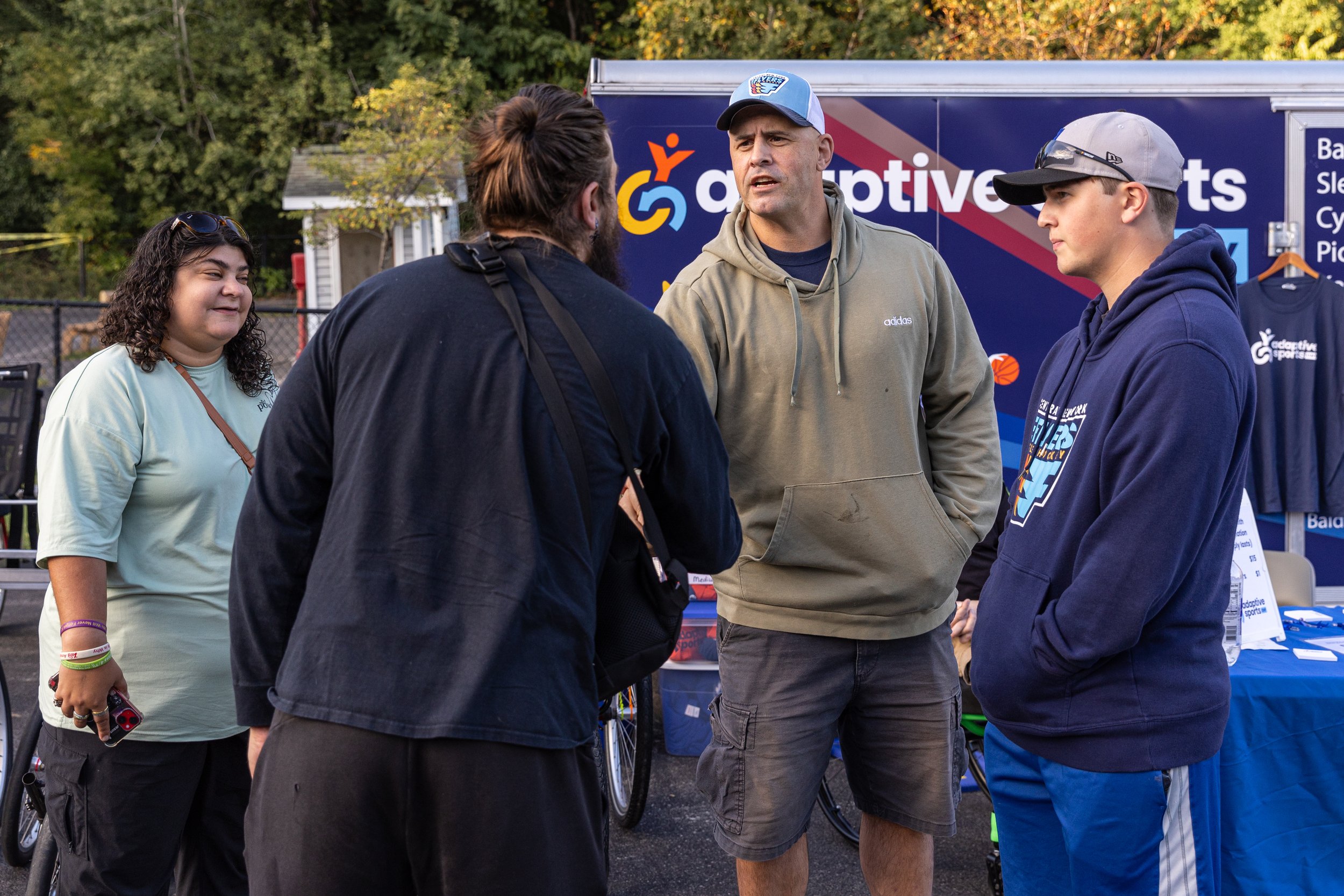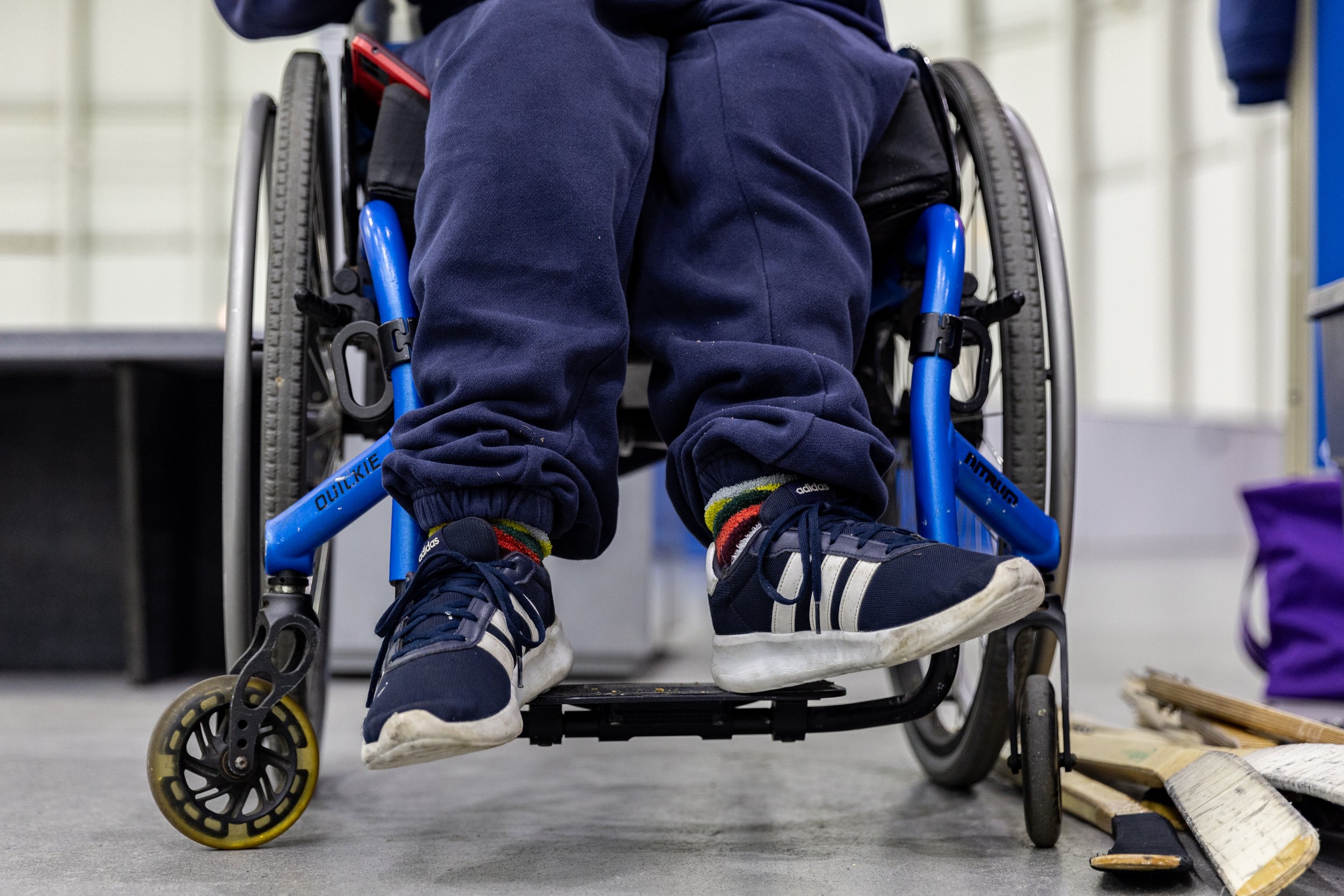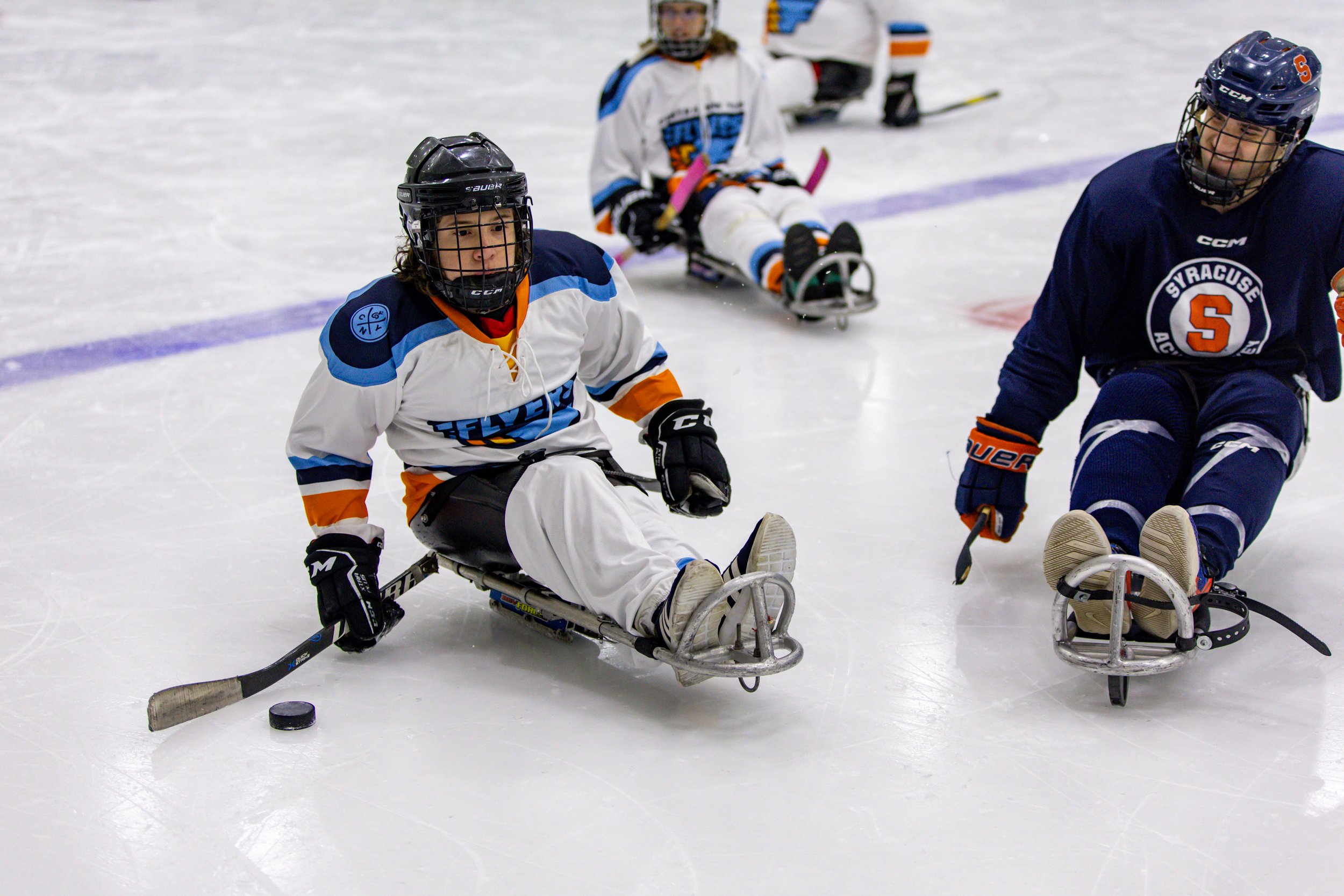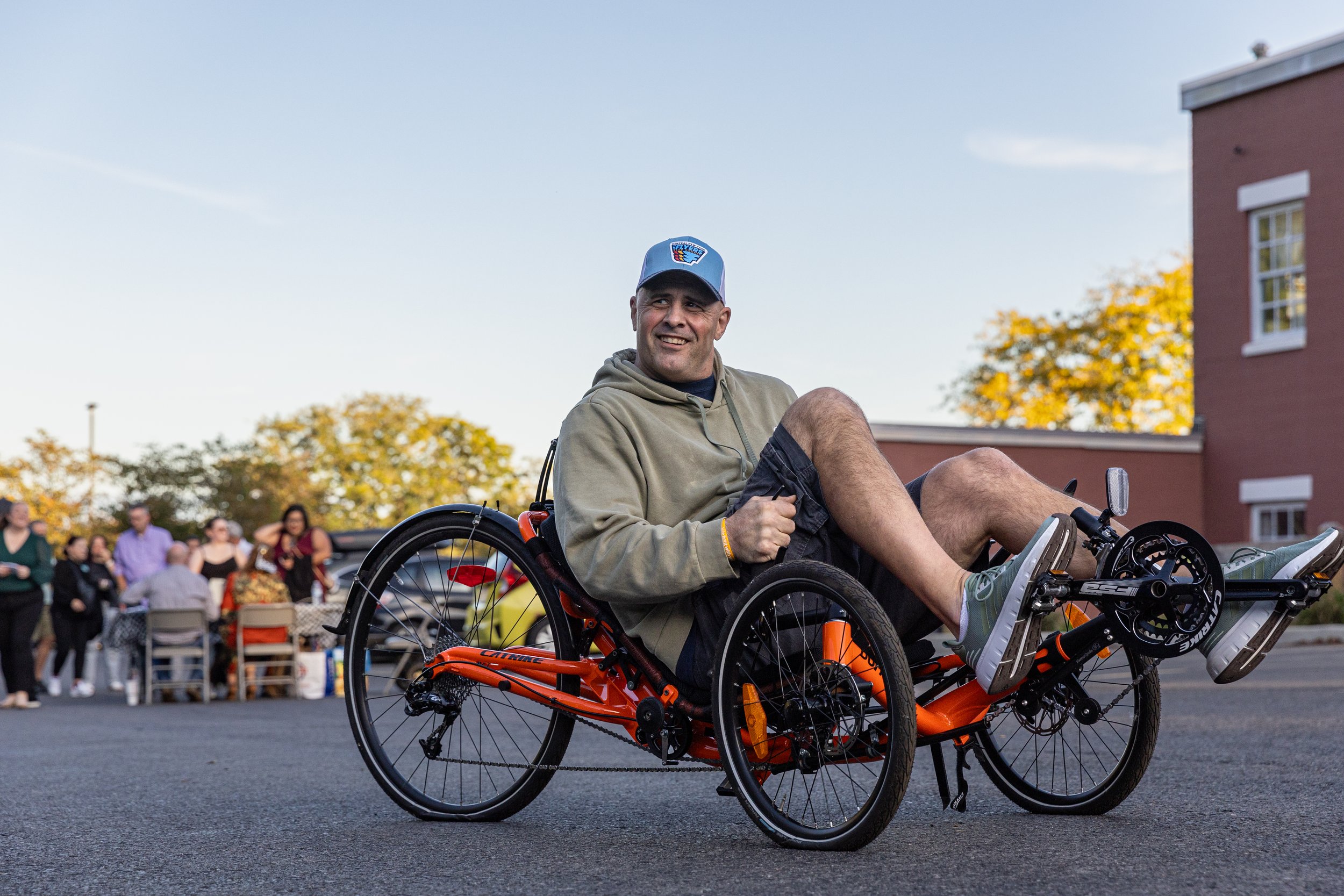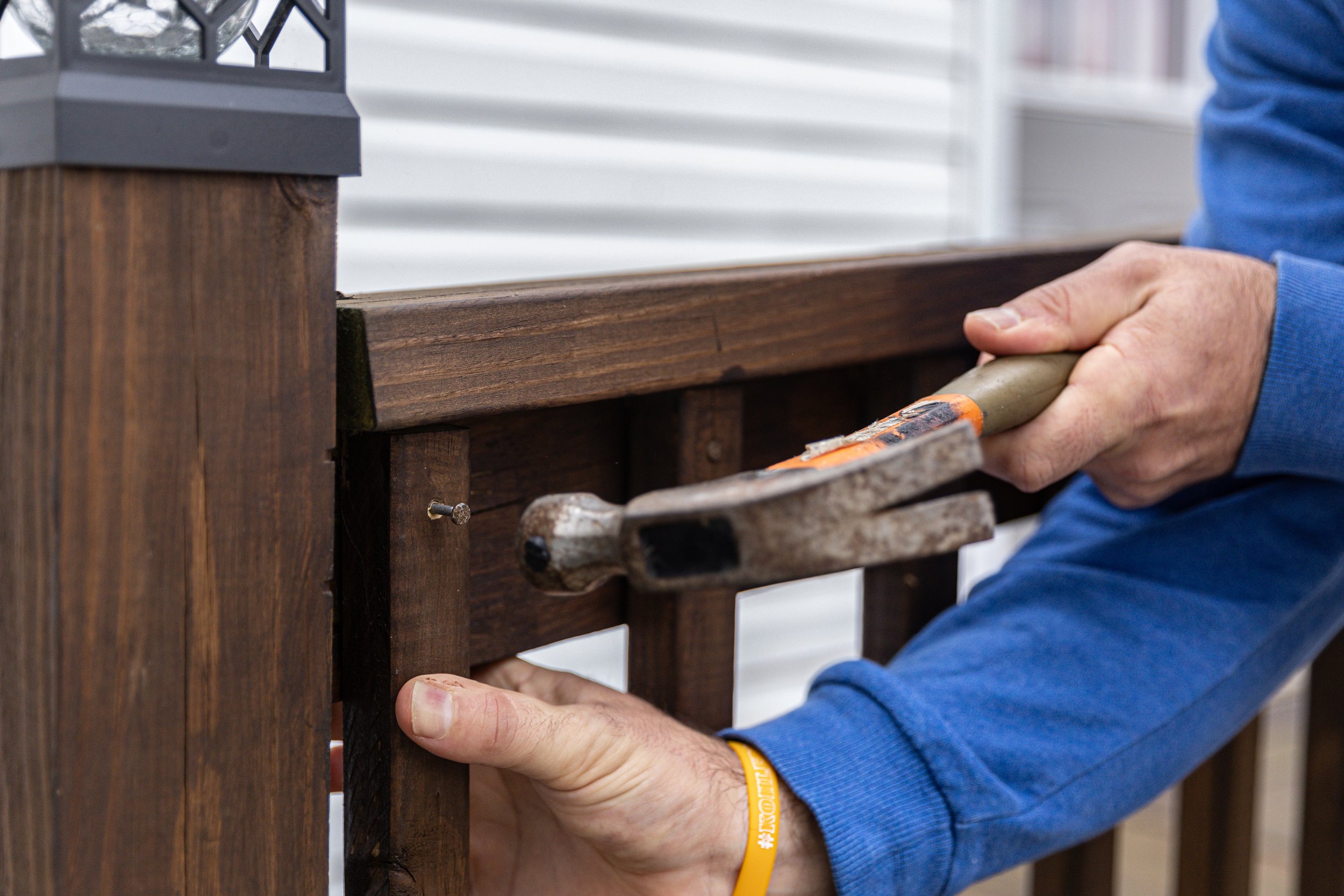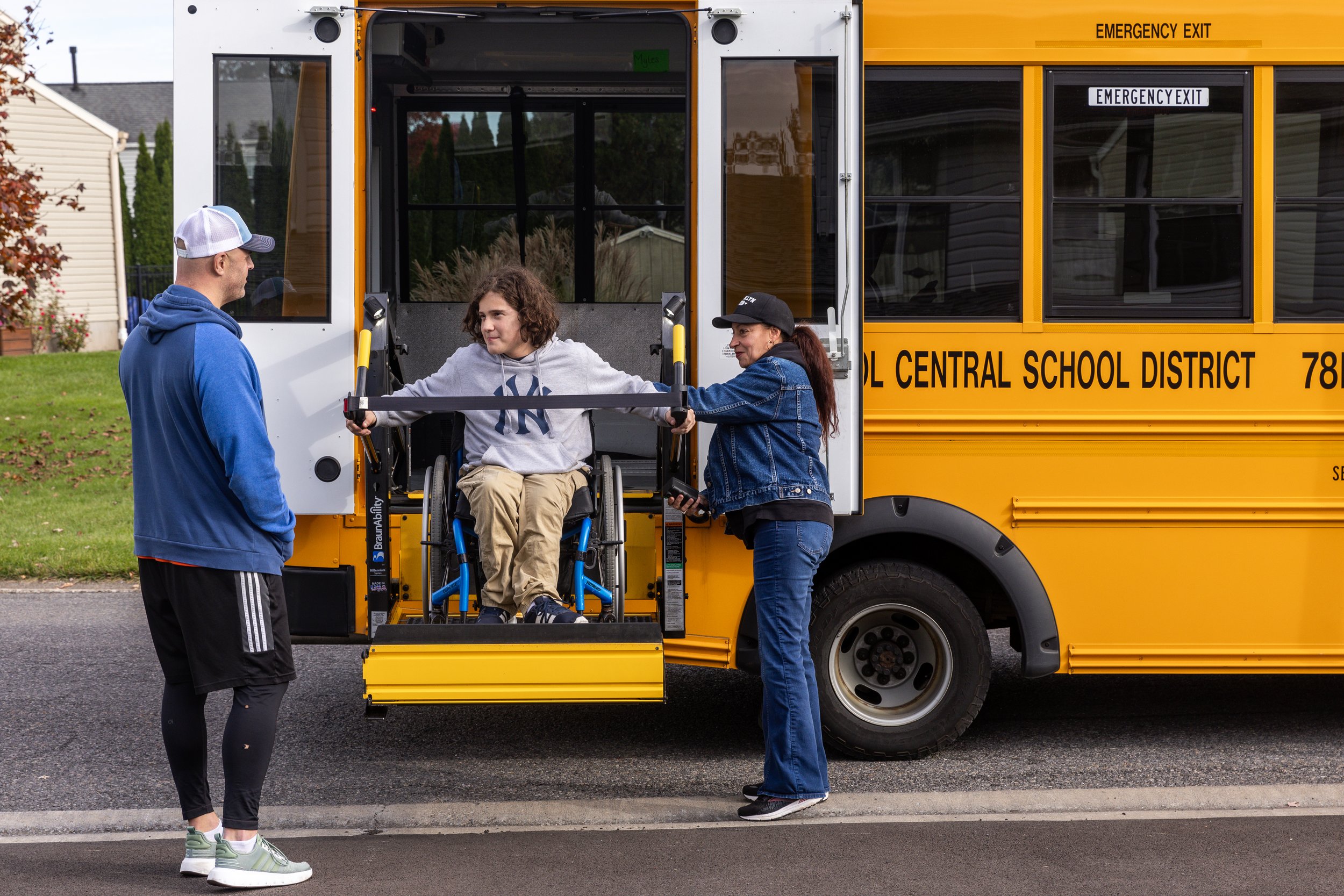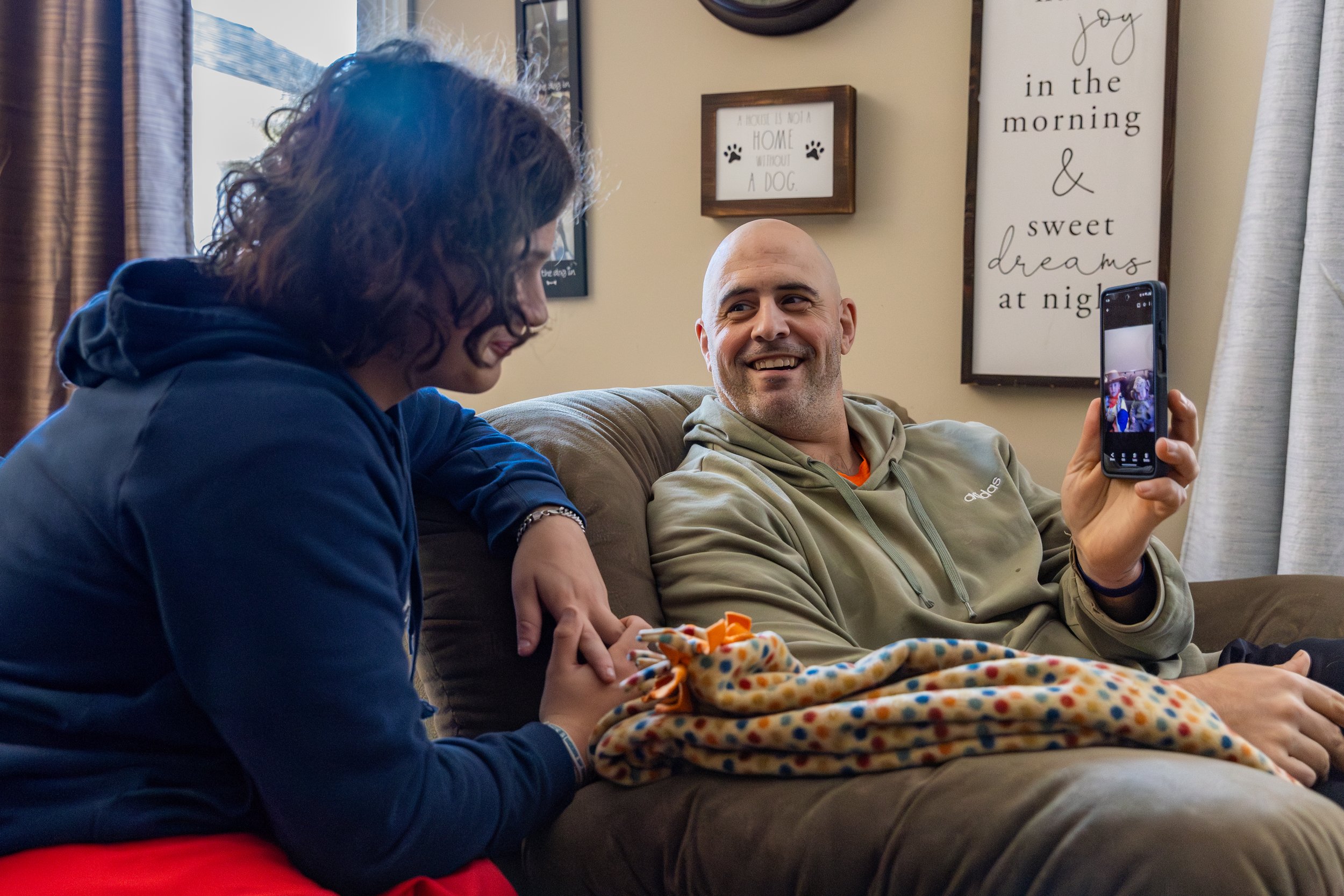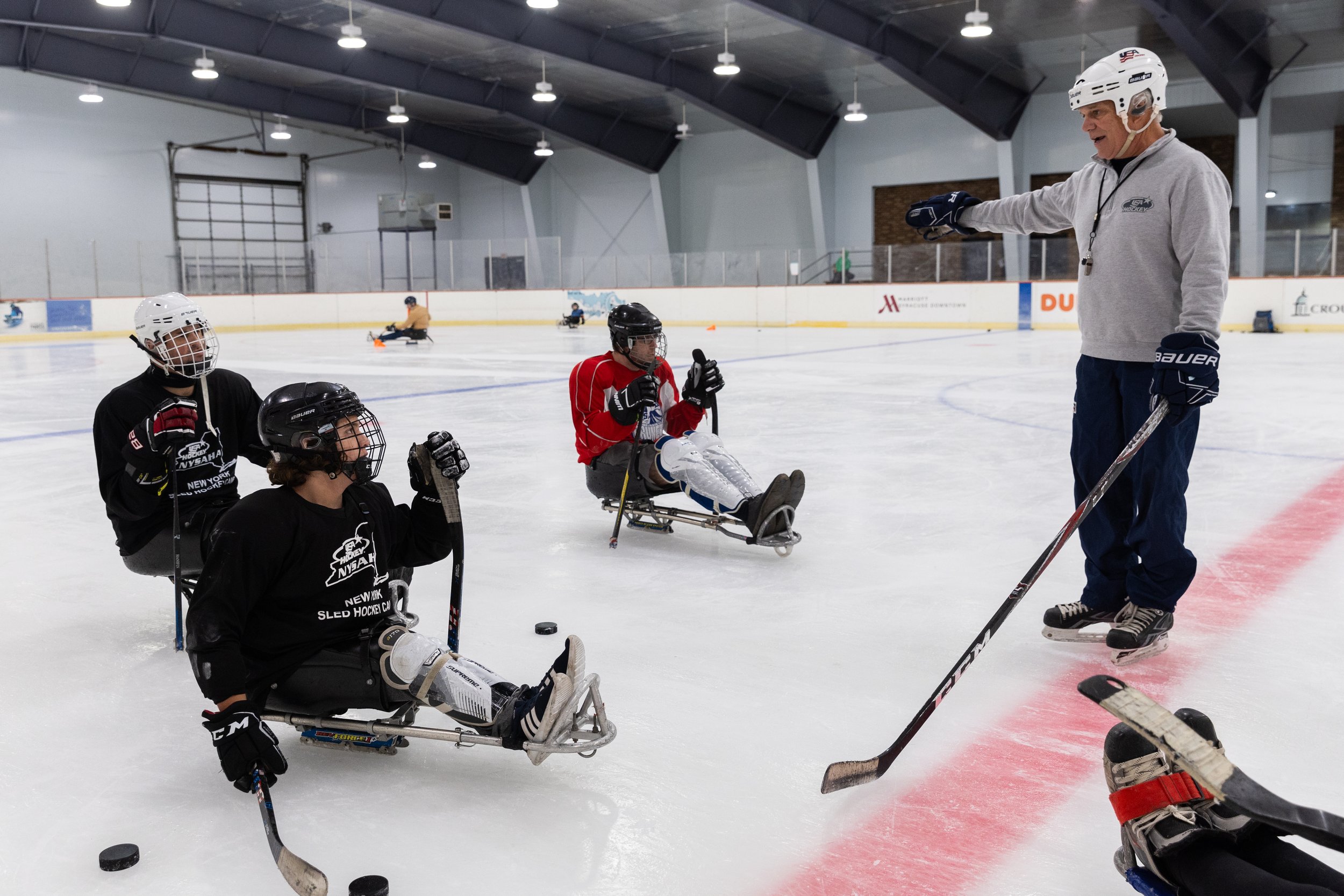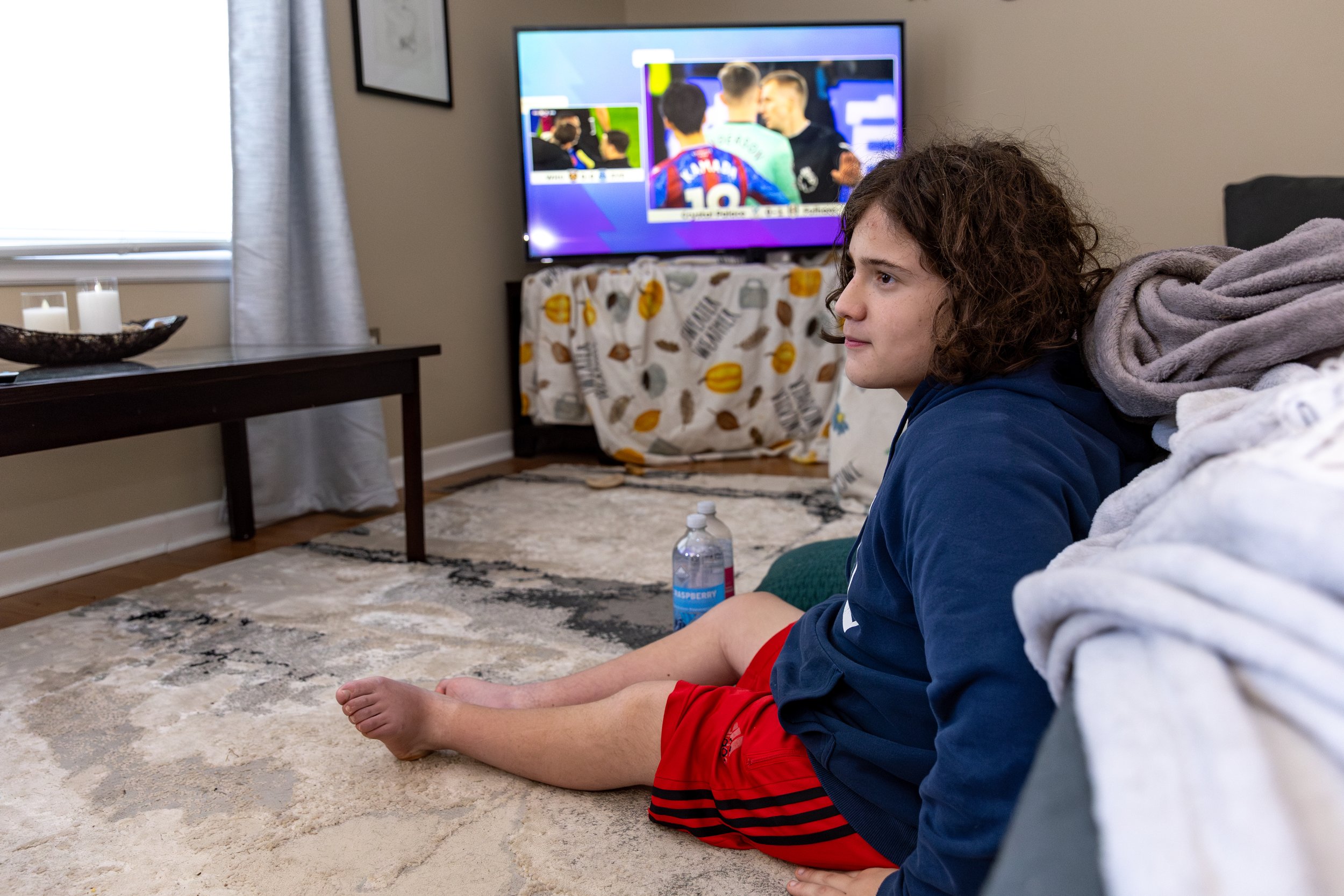A documentary photo project exploring the extraordinary relationship between 15-year-old Myles Favata, who was born with spina bifida, and his father, Jamie. Through their journey in the adaptive sports community, the project highlights how love, advocacy, and, importantly, inclusion in sports can help empower children with disabilities to build confidence, overcome challenges, and find a sense of community
Story Awards: 2024 Syracuse Alexia Fall Workshop Michael du Cille Award, Hearst Photojournalism II 6th place 2025
